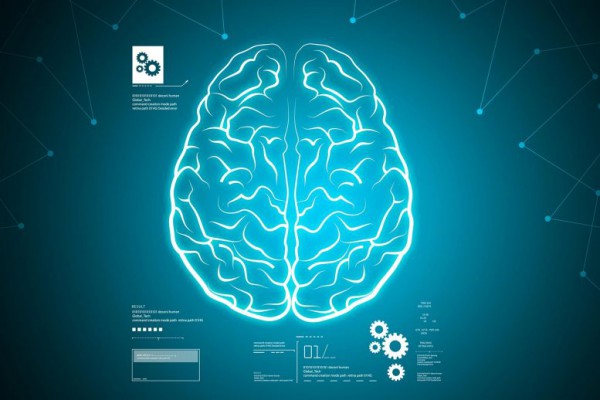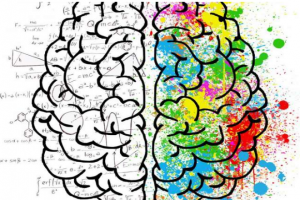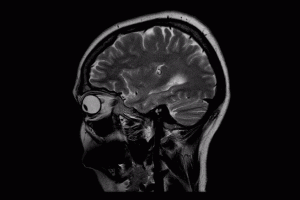AI Accurately Predicts Brain Age From EEG Signals Recorded During Sleep Studies
Brain age indices have potential value as diagnostic biomarkers and ‘vital signs’ of brain health.
A study published in the journal Sleep shows that a deep neural network model can accurately predict the brain age of healthy patients based on electroencephalogram data recorded during an overnight sleep study, and EEG-predicted brain age indices display unique characteristics within populations with different diseases.
The study found that the model predicted age with a mean absolute error of only 4.6 years. There was a statistically significant relationship between the Absolute Brain Age Index and: epilepsy and seizure disorders, stroke, elevated markers of sleep-disordered breathing (i.e., apnea-hypopnea index and arousal index), and low sleep efficiency. The study also found that patients with diabetes, depression, severe excessive daytime sleepiness, hypertension, and/or memory and concentration problems showed, on average, an elevated Brain Age Index compared with the healthy population sample.
According to the authors, the results demonstrate that these health conditions are associated with deviations of one’s predicted age from one’s chronological age.
“While clinicians can only grossly estimate or quantify the age of a patient based on their EEG, this study shows an artificial intelligence model can predict a patient’s age with high precision,” said lead author Yoav Nygate, senior AI engineer at EnsoData. “The model’s precision enables shifts in the predicted age from the chronological age to express correlations with major disease families and comorbidities. This presents the potential for identifying novel clinical phenotypes that exist within physiological signals utilizing AI model deviations.”
The researchers trained a deep neural network model to predict the age of patients using raw EEG signals recorded during clinical sleep studies performed using overnight polysomnography. The model was trained on 126,241 sleep studies, validated on 6,638 studies, and tested on a holdout set of 1,172 studies. Brain age was assessed by subtracting individuals’ chronological age from their EEG-predicted age (i.e., Brain Age Index), and then taking the absolute value of this variable (i.e., Absolute Brain Age Index). Analyses controlled for factors such as sex and body mass index.
https://scitechdaily.com/ai-accurately-predicts-brain-age-from-eeg-signals-recorded-during-sleep-studies/





Related Posts